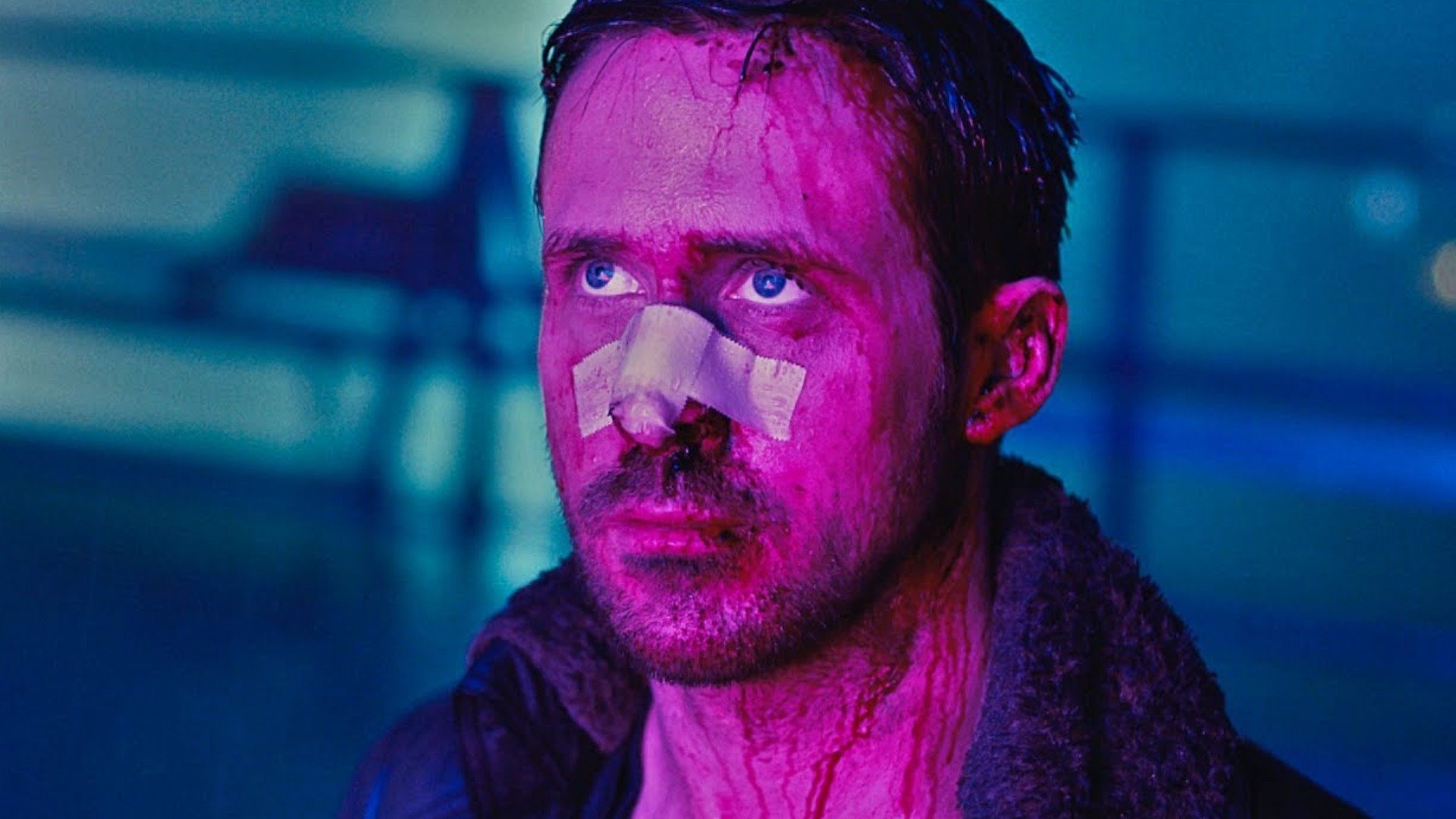Abstract: The central thesis of this paper is that human unconscious processes influence the behavior and design of artificial intelligence (AI). This thesis is discussed through the case study of a chatbot called Replika, which intends to provide psychological assistance and friendship but has been accused of inciting murder and suicide. Replika originated from a trauma and a work of mourning lived by its creator. The traces of these unconscious dynamics can be detected in the design of the app and the narratives about it. Therefore, a process of de-psychologization and de-humanization of the unconscious takes place through AI. This psychosocial approach helps criticize and overcome the so-called “standard model of intelligence” shared by most AI researchers. It facilitates a new interpretation of some classic problems in AI, such as control and responsibility.


